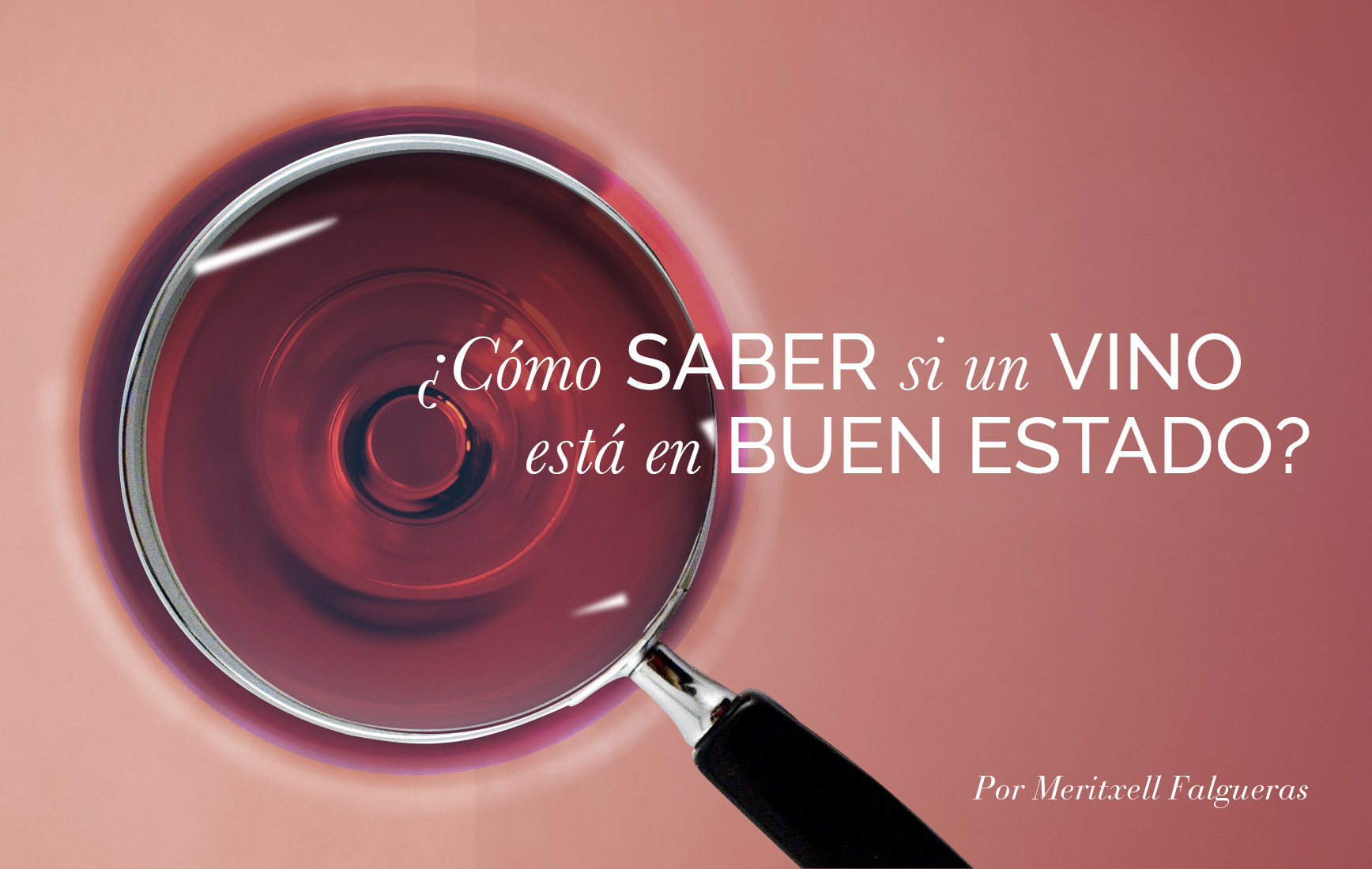How do you tell if a bottle of wine has gone bad?

Would you drink a wine that smells moldy? You don't have to be an expert to know when a wine is good and when it has gone off. After all, we know what we like and don't like. Let your animal instincts guide you!
The first question to ask yourself when you have that first glass of wine in front of you is this: does it smell good or does it smell bad? If you like what your incredibly capable sense of smell perceives, then the wine is good. If you don't feel like taking a sip, it probably has a flaw and your savvy nose has let you know ahead of time. Wine should smell like wine. If it smells like “cork,” it probably is corked.
If it smells like rotten eggs, you are dealing with a reduction problem: with a bit of luck and a good deal of swirling, the wine may improve and reveal its varietal aromas... If the problem is due to the winemaking itself (a poor harvest or problems in the winery), there is nothing you can do. Well, there is...return the bottle!
Over time, white wines might want to become reds (because they darken), and reds might want to become whites (they lighten), but an orange-tinged red or a very dark dull white are clear indications that they have given up the ghost.
All right, now that we have determined that the wine is not spoiled, how do we know whether the quality is any good?
I'll give you five tips:
1. When the wine's fragrance enthralls us and coats our palate.
2. When we detect the kind of fruit aromas we would like to eat for dessert.
3. When we pick up roasted and spicy notes in a wine that are indicative of fine oak aging. More time and meticulous care have gone into making these wines.
4. When we sense a magical balance: acidity has made a pact with bitterness (in a red), which, in turn, is countered by the sweetness of the alcohol.
5. When we finish the bottle without noticing and wish there was more of it.
Remember that the perceived flavor of a wine can change in combination with food and lead you to believe it has gone off. For example, even the best wine will taste metallic when paired with artichokes or seem vinegary if you drink it with a salad doused in balsamic vinegar.
A skilled pairing of wine and food, however, can be a source of great pleasure. As the saying goes, uva con queso sabe a beso, which means something like “grapes with cheese are bound to please.” High-tannin wines in particular seem rounder and more pleasant in combination with the lactic acid in cheese. So remember—don't be fooled by the cheese!
One last note: signing the bottle and/or cork makes for a great keepsake if you want to remember a wine you truly fell in love with. Keep in mind too that enjoying wine in great company often adds a point to its bouquet, which is difficult to replicate later on.
Meritxell Falgueras
